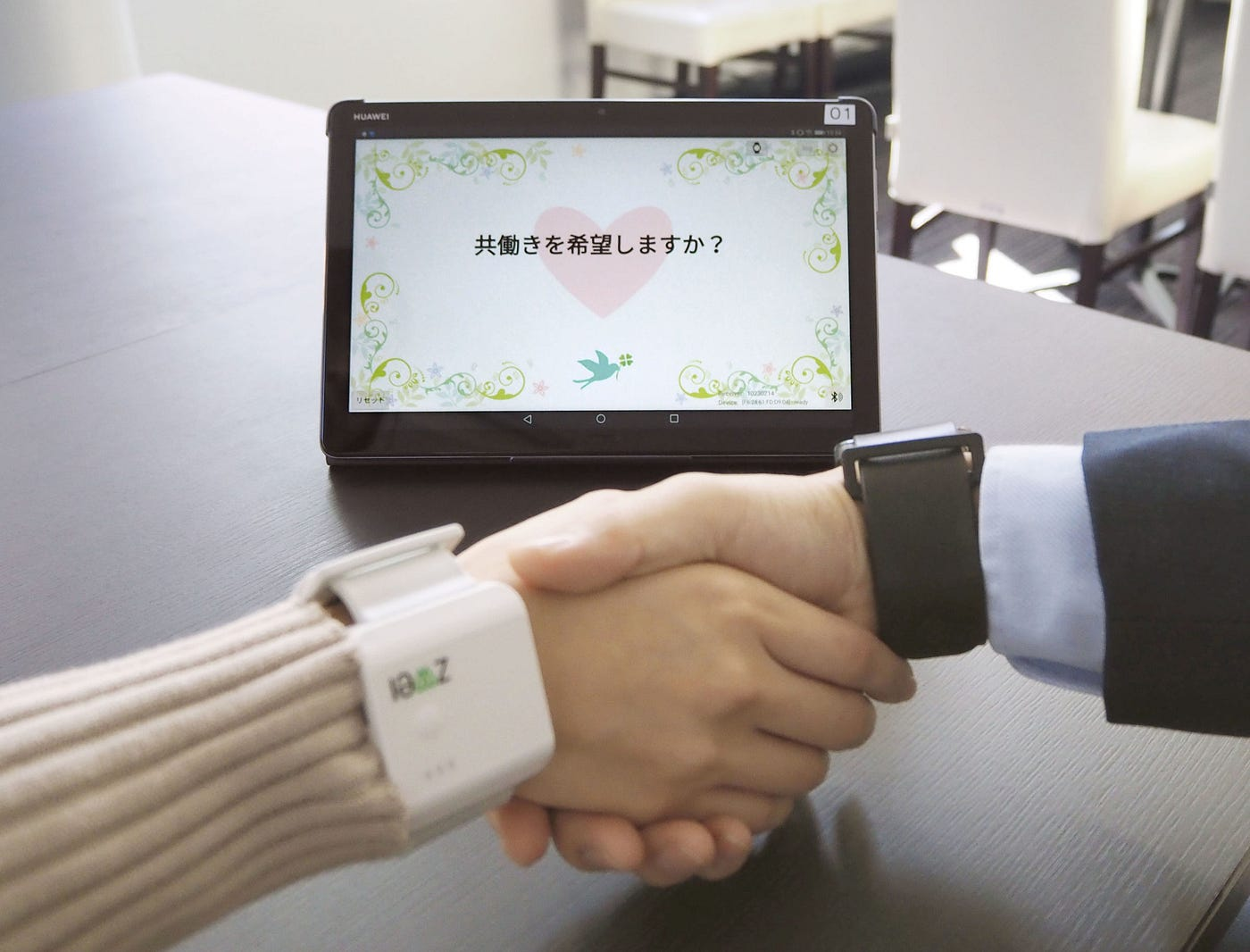
Japan’s recent endeavors in using AI for matchmaking have sparked a conversation about the future of dating and the role of technology in fostering connections. As the country grapples with demographic challenges, AI-driven matchmaking services have emerged as a potential solution to address declining marriage rates and an aging population. While these initiatives represent a significant step forward in leveraging technology to facilitate relationships, they also raise questions about the deeper societal issues at play.
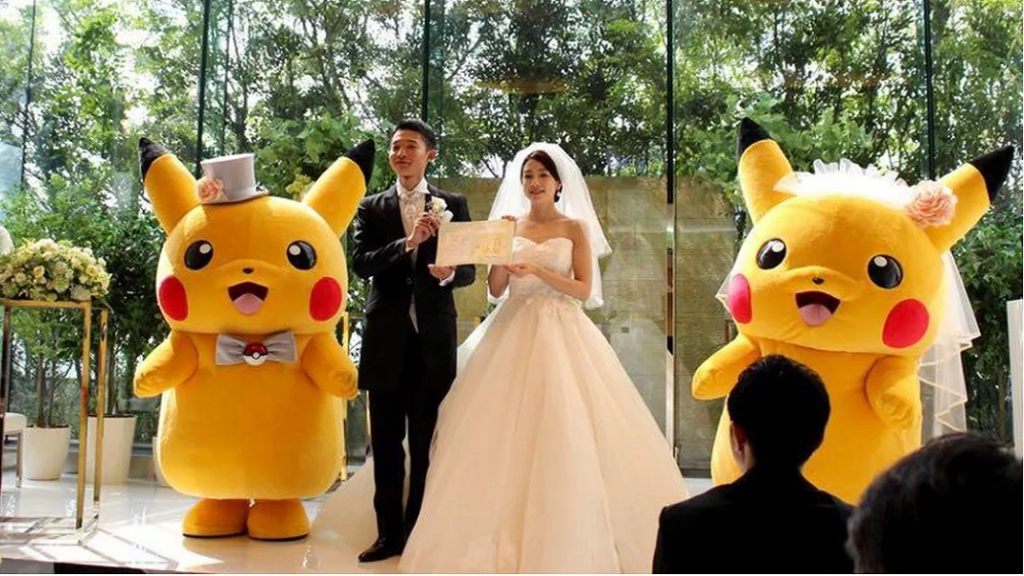
While AI matchmaking holds promise in introducing individuals to potential partners, it’s essential to acknowledge its limitations. As a designer, I’m keenly aware that technology alone cannot solve complex societal issues such as gender inequality, economic instability, and changing cultural norms. While AI algorithms can analyze data to suggest compatible matches, they cannot address the underlying factors that influence relationship dynamics. As such, it’s crucial to approach AI matchmaking initiatives with a nuanced understanding of their potential impact and limitations.
As a designer, the integration of AI into matchmaking and dating apps is particularly exciting to me. Reflecting on one of my early projects, where I worked on a localized dating app, I recognized the inherent challenges users face in navigating existing platforms. Traditional dating apps often prioritize monetization strategies over user experience, leading to a disconnect between user needs and platform objectives. Instead of fostering meaningful connections, these apps tend to focus on maximizing user engagement through endless swiping and subscription prompts.
This is exactly why, the potential integration of AI technology in the dating / matchmaking industry is particularly exciting to me. So let’s take a moment to imaging what this would could look like if designers had to power to leverage AI in these areas:
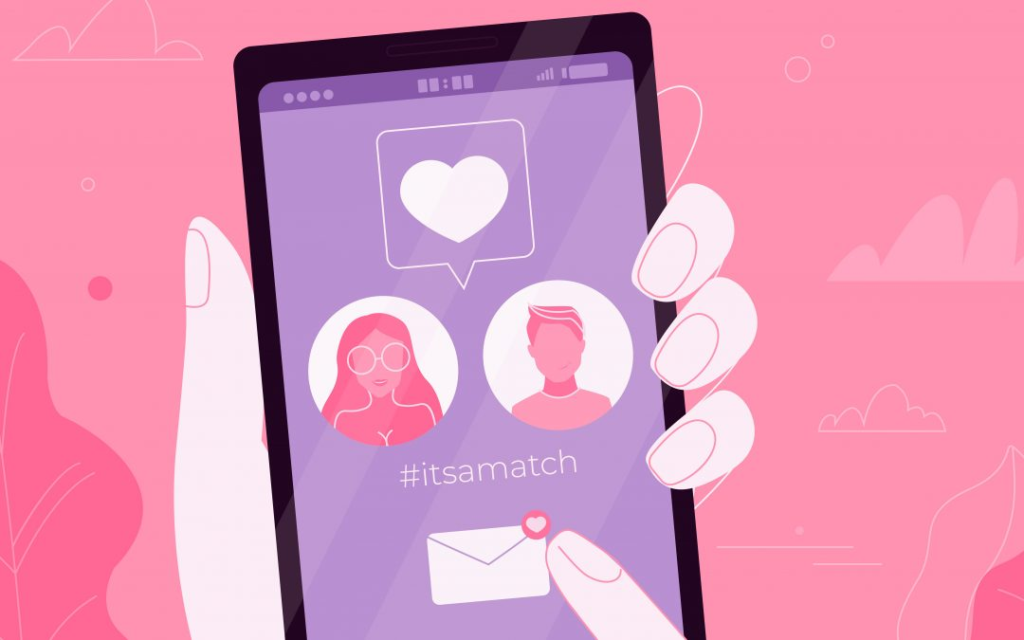
Personalized Match Recommendations
Imagine a dating app powered by AI algorithms that analyze vast amounts of user data to generate highly personalized match recommendations. By considering factors such as personality traits, interests, values, and relationship goals, AI could provide users with more compatible matches tailored to their individual preferences. This personalized approach has the potential to increase the likelihood of meaningful connections and reduce the frustration of sifting through countless profiles.
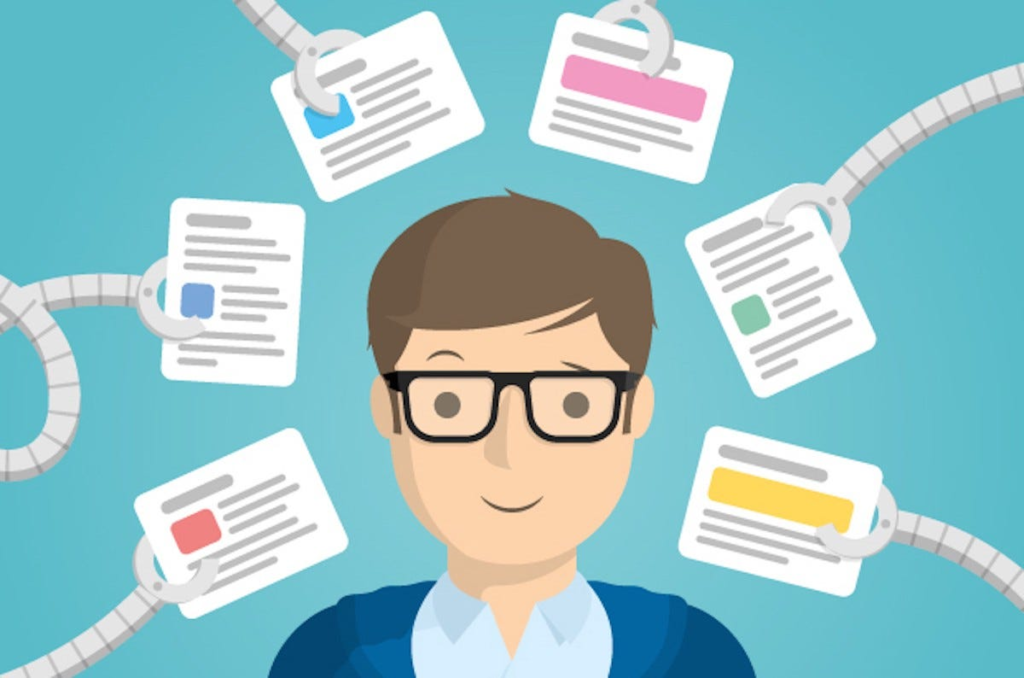
Real-Time Feedback and Coaching
AI could also act as a virtual dating coach, providing users with real-time feedback and advice based on their interactions within the app. From suggesting conversation starters to offering insights into body language and communication styles, AI-powered coaching could help users navigate the complexities of dating with confidence and ease. By leveraging natural language processing and sentiment analysis, AI could analyze text-based conversations and provide constructive feedback to enhance users’ communication skills.
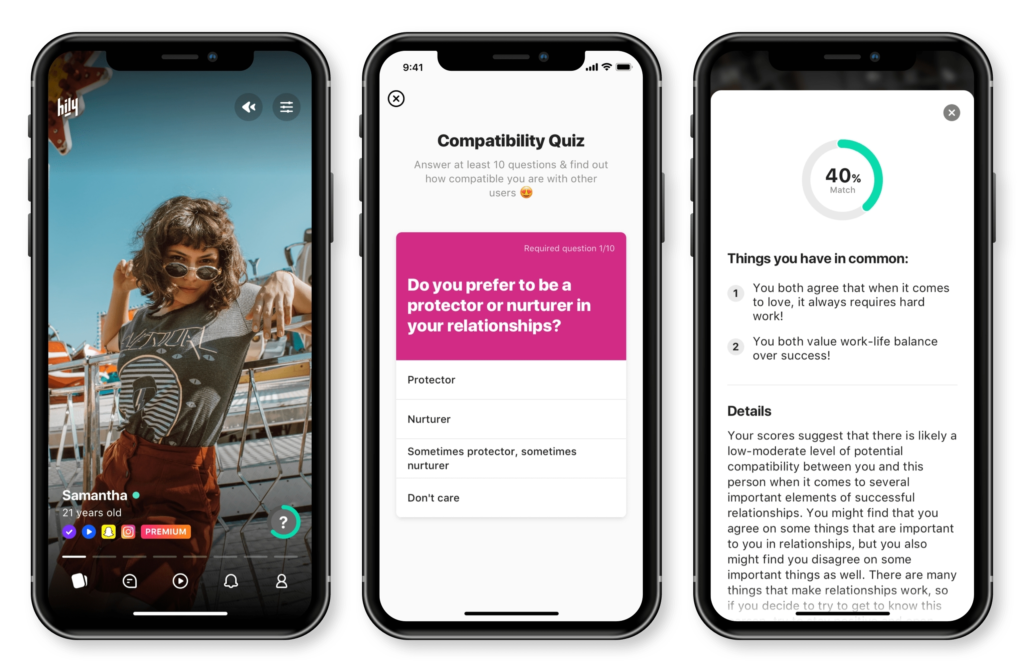
Predictive Compatibility Modeling
One of the most intriguing possibilities of AI in dating is predictive compatibility modeling. By analyzing historical data on successful and unsuccessful relationships, AI algorithms could identify patterns and trends that contribute to long-term compatibility. This predictive modeling could help users make more informed decisions when choosing potential partners, ultimately increasing the likelihood of finding lasting love. Additionally, AI could continuously adapt and refine its algorithms based on user feedback and relationship outcomes, ensuring that recommendations remain accurate and relevant over time.
As we navigate the evolving landscape of dating and relationships, AI presents an exciting opportunity to reimagine how we connect with others. By embracing the design potential of AI in matchmaking and dating apps, we can create more personalized and meaningful experiences for users. While AI alone cannot address all the challenges of modern romance, it can certainly play a significant role in shaping the future of matchmaking.
 Revolutionizing Dating: Japan’s AI Matchmaking Sparks Design Innovation
Revolutionizing Dating: Japan’s AI Matchmaking Sparks Design Innovation